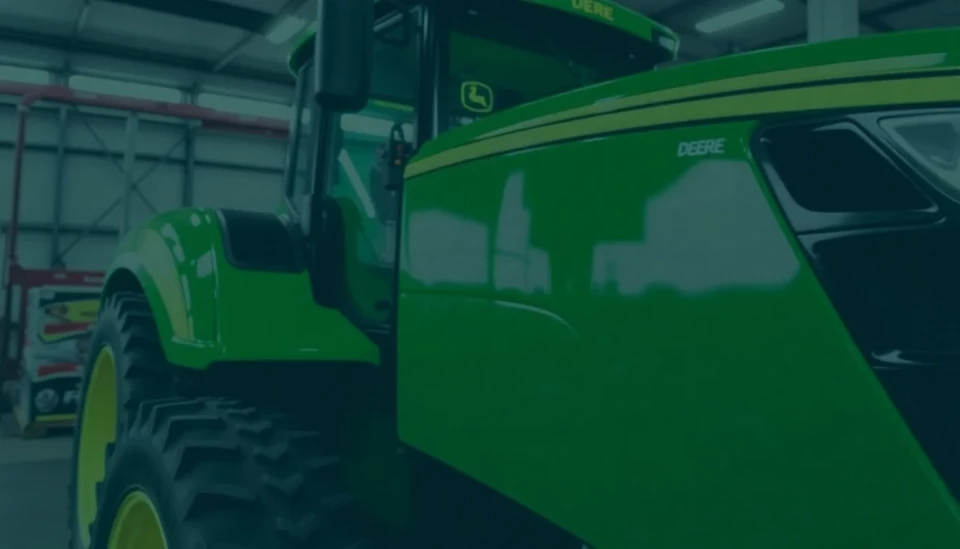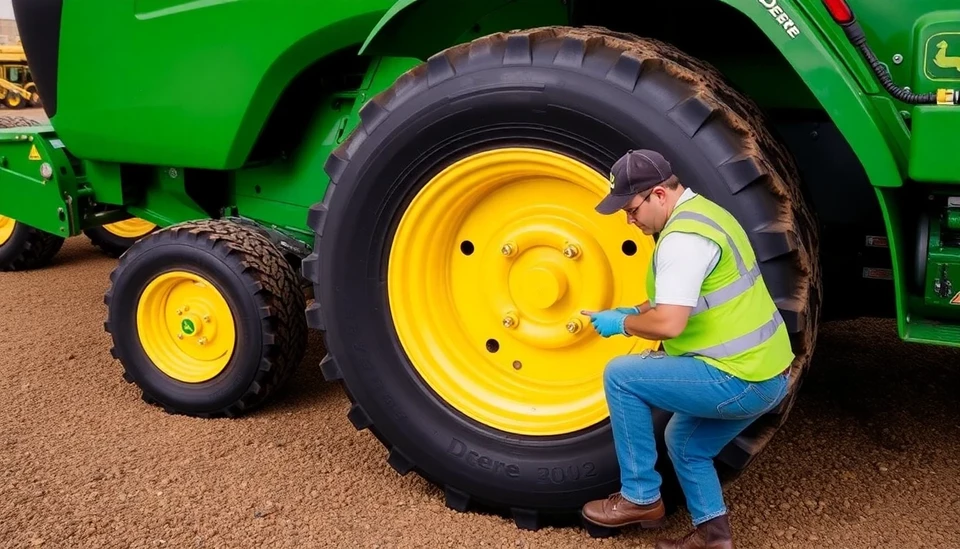
The Federal Trade Commission (FTC) is gearing up to file a significant lawsuit against Deere & Company, a key player in the agricultural equipment sector. The looming legal action is centered around allegations that the company has been engaging in anti-competitive practices that undermine farmers' ability to repair their own machinery. This could mark a pivotal moment in the ongoing debate over the right to repair, a movement advocating for consumers' and businesses' access to repair products without excessive restrictions from manufacturers.
At the heart of the FTC's concerns is Deere's alleged control over its sophisticated agricultural machinery, particularly the software and diagnostic tools required for repairs. Farmers have reported facing hindrances when attempting to fix their own equipment, often resulting in significant downtime and financial losses. Many have voiced frustrations regarding Deere's restrictive repair policies, which often force them to seek service through authorized dealers only, at a premium cost.
The controversy surrounding Deere is not new; discussions about the right to repair have gained traction over the past few years, especially in the agriculture sector. Advocates argue that farmers should have the freedom to repair their equipment as they see fit, which is crucial for maintaining productivity in an industry that heavily relies on time-sensitive operations. The FTC's imminent lawsuit may bring forth essential scrutiny and could encourage other manufacturers in the industry to reassess their repair policies.
The FTC's actions echo a broader movement in consumer rights, emphasizing transparency and choice. Numerous states have already introduced or passed legislation aimed at empowering consumers to repair their own devices, which include everything from smartphones to farm equipment. The anticipated legal challenge against Deere could catalyze more rigorous regulatory actions across different sectors and spur further engagement in the right-to-repair conversation.
Opinions on the matter are divided. Supporters of the lawsuit hail the potential for a more equitable repair market as a win for farmers, while detractors caution against the possible consequences of increased regulation in the agriculture industry. They argue that manufacturers have to maintain certain controls to ensure safety and propriety in the maintenance of complex machinery.
In the coming weeks, the lawsuit's details are expected to emerge as the FTC prepares its case against Deere. This legal battle promises not only to impact Deere's business practices but also to set precedence in the ongoing right-to-repair movement, potentially altering the landscape of how equipment manufacturers approach repair rights moving forward.
As the situation unfolds, all eyes will be on the FTC's approach and how it navigates this legal challenge. The outcome could shape future relations between manufacturers and their customers, especially in the agricultural sector where downtime could mean significant financial losses.
Stay tuned for updates on this developing story, as the implications of the FTC's lawsuit against Deere are likely to resonate throughout the industry.
#Deere #FTC #RightToRepair #AgriculturalEquipment #Lawsuit #ConsumerRights #Farmers #MachineryRepair #LegalNews #AgricultureIndustry
Author: Victoria Adams

